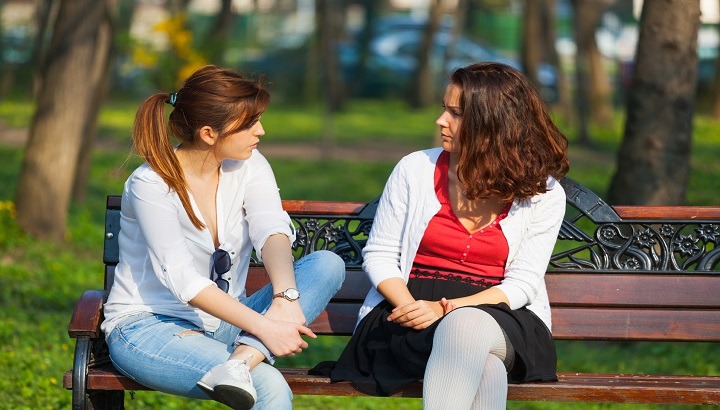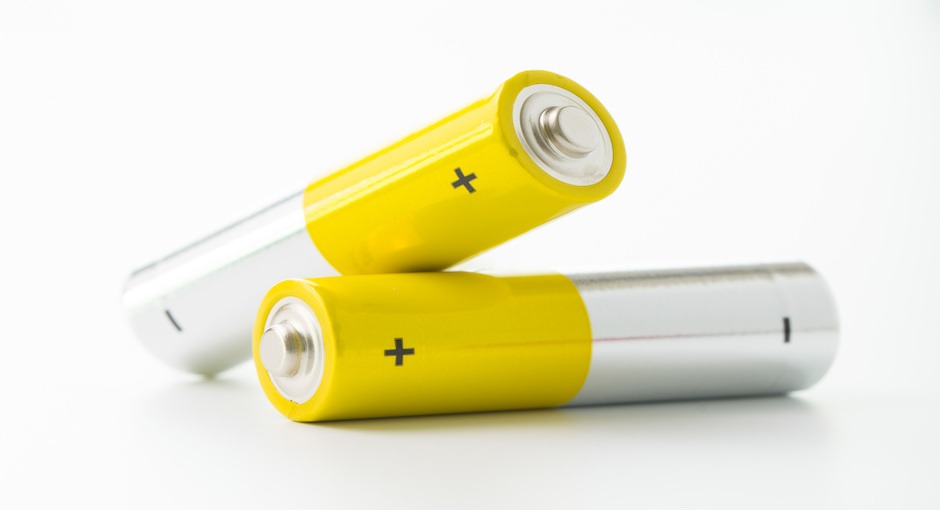There are brightly colored benches popping up on school playgrounds and cafeterias all over the country. They’re called “Friendship Benches,” and in my opinion, they are fantastic. Initially conceived to help kids make friends at school, these benches are now making a positive impact across the world, for young and old alike.
The original Friendship Bench was the brainchild of Acacia Woodley, a young girl from Palm Bay, Florida. Several years ago, Acacia was having issues with a bully, and decided to invite the girl who was bullying her over to talk. It turned out the bully was having a hard time herself, and didn’t know how to cope. Acacia wisely realized that everyone (even a bully) needs someone to listen, and everyone can use a new friend.
This experience inspired Acacia with the idea for the Friendship Bench. The premise is simple: the bench was a place anyone could sit if they were feeling lonely and looking for someone to play with. All of the kids were taught that if they saw someone sitting on the bench, they should try to help by joining them on the bench to talk, or inviting them to come and play. Conversations could start, friendships could be forged, and more fun could be had by all. It works.
The Friendship Bench was engineered to encourage friendships, support, and kindness. Acacia has had great success with her idea — there are now Friendship Benches at schools across the country. The concept has had a significant positive impact, and really helps with the socialization of kids.
It turns out that the magic of the Friendship Bench is not limited to the playground. A recent study just came out of Zimbabwe, where the Friendship Bench model is being employed to help impoverished people with mental and emotional health problems. In this study, community workers, known as “Grandmothers,” sat on the benches, and made themselves available to anyone who was feeling depressed or anxious and needed to talk. In a place with virtually no mental health resources, this program is like talk therapy on demand.
In Zimbabwe, millions of people do not have access to mental health treatment. The Friendship Bench program provided people in need with someone to listen and offer ways to help them cope. Participants had sessions with the Grandmothers six times per week, for six months, and the program was remarkably effective. Researchers found that people who participated in the sessions were three times less likely to experience depression symptoms, four times less likely to experience anxiety, and five times less likely to report thoughts of suicide than a control group, who was assigned to standard care.
According to Dr. Karlee Silver, the Vice President Programs at Grand Challenges Canada, which instituted the study:
“In many parts of Africa, if you are poor and mentally ill, your chances of getting adequate treatment are close to zero. In Zimbabwe, that’s changing thanks to the Friendship Bench, the first project with the potential to make mental health care accessible to an entire African nation.”
This is a remarkable study about the power of relationships — the listening and compassion of the Grandmothers really worked to ease the mental distress of hundreds of people. This study underscores the fact that relationships can be medicine, and a highly important one. Connecting with other humans is a vital part of human health, and we sometimes forget that in a culture where “medicine” is often synonymous with pills.
In today’s world, it seems like the more connected we are with technology, the less connected we are to other humans. Let the Friendship Bench story be your inspiration to meet a friend for lunch or coffee, to make a connection with someone at work or in a class, and reach out to someone who needs help, face to face. Supportive relationships are medicine, in the true sense of the word.
– Dr. Joshua Levitt







